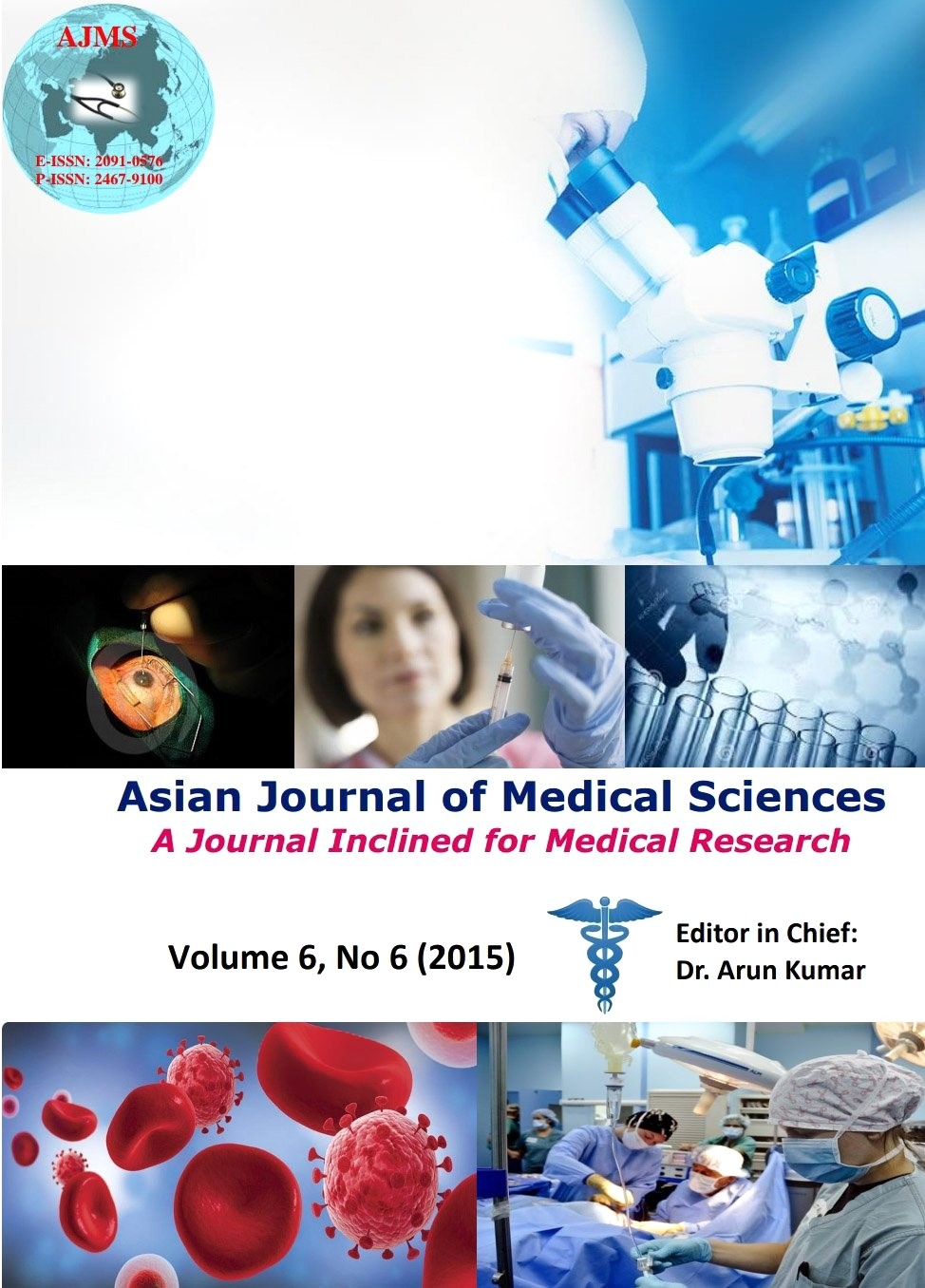Effect of step up exercise on cognitive attention with stroop test in Bengali male college students
Keywords:
Stroop test, Cognitive attention, step up exercise, VO2 max, young adultAbstract
Introduction: A beneficial influence of exercise on cognitive and brain functions has been established. Exercise is drawing increasing research attention for improving neurocognitive functions.
Aims: The aim of the present study is to examine the effect of step up exercise on mental attention with strop test in Bengali male college students.
Methodology: Twenty eight (28) apparently healthy male sedentary college students from the same socio-economic background, having mean age of 22.4 ± 1.02 years, body height of 165.3 ± 6.34 cm and body weight of 55.5 ± 9.01 kg were recruited for the present study on the basis of random sampling from the undergraduate students of the NS Mahavidyalaya of Tripura. A computer based modified ‘Stroop color word’ test based on the original Stroop test (Stroop, 1935) to identify cognitive performance. After completion of stroop test in resting sitting condition participants were asked to complete Queen College Step Test to measure VO2 max. After completion of 3 mins step up exercise a recovery time of 5-15 seconds were taken for VO2 measurement and immediately after taking recovery pulse participants were asked to perform stroop III subtask to see the effect of exercise on the cognitive performance of the college students of Tripura.
Results: The mean VO2 max to be found 49.1 ± 6.25 ml.kg-1.min-1. The mean time to complete Stroop sub task Tasks III was found 194.3 (±46.34) sec. After 3 minutes step-up exercise it has been shown that the mean stroop III score was improved from 194.3 (±46.34) to 160.4 (± 31.42) sec.
Conclusion: It is observed in the present study that the speed of performance (i.e., stoop tasks) is improved after short term moderate exercise.
DOI: http://dx.doi.org/10.3126/ajms.v6i6.12602
Asian Journal of Medical Sciences Vol.6(6) 2015 66-69
Downloads
Downloads
Published
How to Cite
Issue
Section
License
Authors who publish with this journal agree to the following terms:
- The journal holds copyright and publishes the work under a Creative Commons CC-BY-NC license that permits use, distribution and reprduction in any medium, provided the original work is properly cited and is not used for commercial purposes. The journal should be recognised as the original publisher of this work.
- Authors are able to enter into separate, additional contractual arrangements for the non-exclusive distribution of the journal's published version of the work (e.g., post it to an institutional repository or publish it in a book), with an acknowledgement of its initial publication in this journal.
- Authors are permitted and encouraged to post their work online (e.g., in institutional repositories or on their website) prior to and during the submission process, as it can lead to productive exchanges, as well as earlier and greater citation of published work (See The Effect of Open Access).




